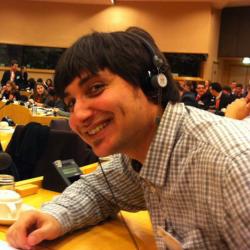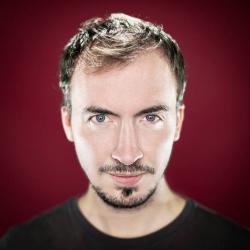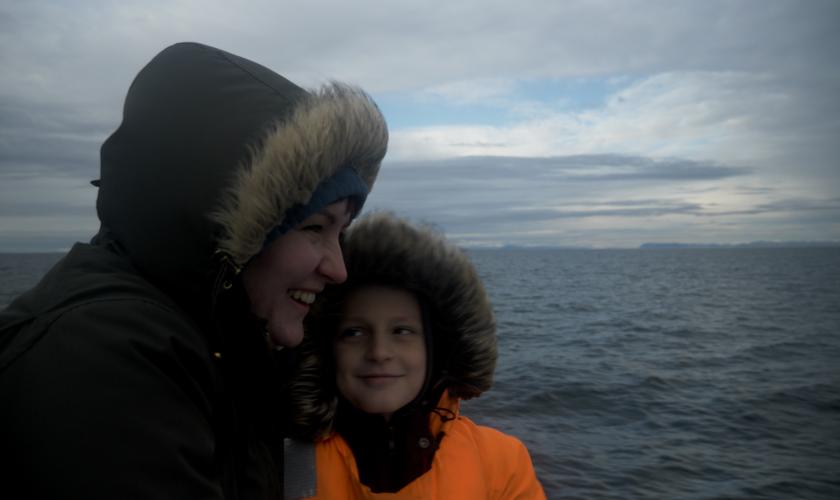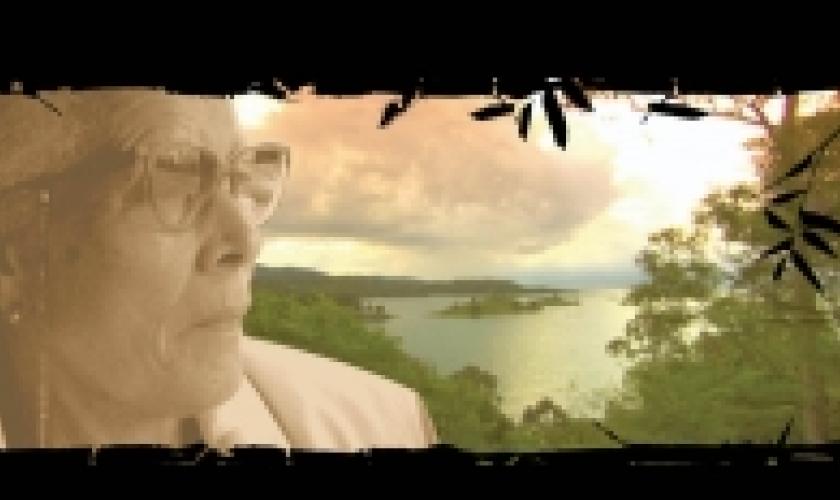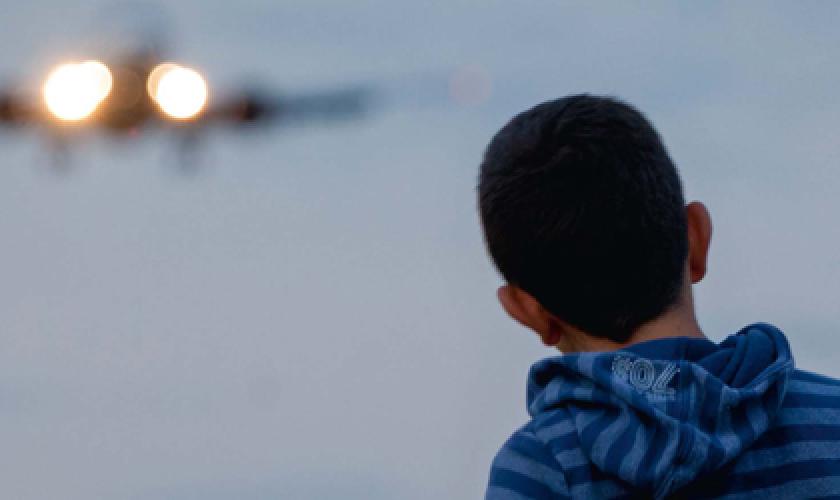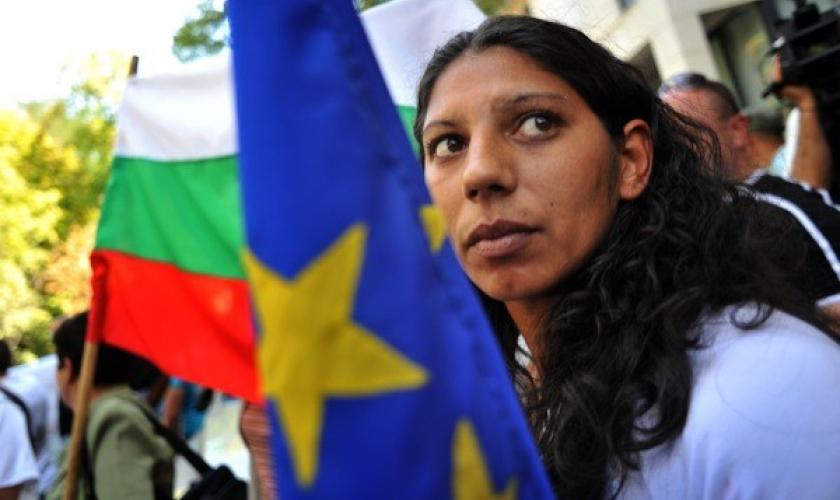REYKJAVIK - "No one will end up on the streets," Thorir Hall says decidedly. He works for the Red Cross. "In Iceland, sleeping on the streets is not an option." It is a beautiful day today. Outside, it is freezing at minus four. In central Reykjavik, the aid agency has just opened a new emergency shelter. Last year, some 4,000 refugees applied for asylum in the country. It seems a ridiculously small number when compared to countries like Greece, Lebanon or even Belgium, but for Iceland it is 70 times more than a decade ago. "Finding housing for everyone is now the biggest challenge," Thorir adds. The island is three and a half times the size of Belgium, but 30 times fewer people live there. Journalists Majd Khalifeh and Roel Nollet travel to Iceland to document the increase in refugees.
When war breaks out in Ukraine, it is immediately clear to Anastasia. "For me, Iceland is a miracle," she says. She has just seen a school of white-beaked dolphins and her son Gleb is visibly impressed. "Nobody understands why I wanted to come here. Why not Germany or Portugal, they ask? I don't really know myself, but I feel strong here."
"Many people think this is a frozen country, but actually it is not that bad," Kinan believes. The Syrian refugee has lived here for five years now. "The winters can be harsh, but you see things here that you won't find anywhere else in the world. And the Icelanders are incredibly open and hospitable. "Refugees who have no chance in Belgium or Germany, they sometimes do get a residence permit here."
"Iceland is an economic miracle," says Nicole Lee Mosty. She works for the Icelandic Integration Agency. We have been so deeply in debt here that we thought we wouldn't get out in a hundred years. But look: we still manage. We take in people for humanitarian reasons, but the fact that the labour market here is so open does help to convince people that this humanitarian reception is necessary." Since Iceland gave immigrants and refugees access to its territory, it has seen economic growth of four per cent a year. To sustain that increase, they need 2,000 more people a year.
In "Northern Lights, at the end of the tunnel", Roel and Majd meet refugees from Ukraine and the Middle East who are trying to build a new life in Iceland. Not obvious when you find yourself on the edge of the North Pole. Or is it?
Photo: ©Roel Nollet
DOCUMENTARY
- Vranckx, VRT/Canvas, 18/02/2023.
